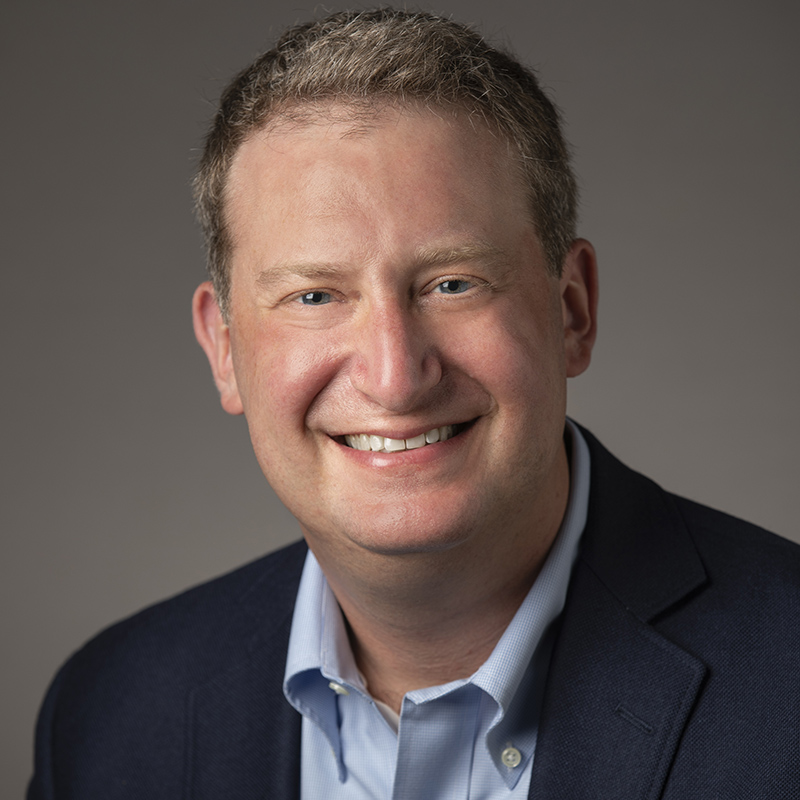The Johnson Center for the Study of American Diplomacy was established in 2011, shortly after Dr. Henry A. Kissinger donated his papers to Yale University. The Kissinger Archives at Yale University consist of approximately one million documents and objects covering Dr. Kissinger’s extraordinary life as a diplomat, scholar, teacher, and private citizen. Read more about the collection.
The Kissinger papers at Yale serve as a foundation for the Johnson Center. As a program of Yale’s Jackson School of Global Affairs, in collaboration with International Security Studies and the Brady-Johnson Program in Grand Strategy, the Johnson Center encourages research and teaching on United States foreign policy by drawing on the Kissinger papers as well as other important Yale library collections in this field.
The founding of the Johnson Center was made possible by Dr. Henry Kissinger’s donation of his papers to Yale and a generous gift from Charles B. Johnson ’54 and Nicholas F. Brady ’52.
The Johnson Center brings prominent statesmen to campus as Kissinger Senior Fellows and hosts Kissinger Visiting Scholars who are researching and writing about the history of American diplomacy.
The Center hosts an annual conference and other events that convene practitioners and scholars from around the world to discuss contemporary issues in international affairs.
About the Director
Edward Wittenstein
Edward (“Ted”) Wittenstein is a Lecturer in Global Affairs and the Executive Director of International Security Studies, a research and teaching hub of the Yale Jackson School of Global Affairs. In that capacity, he helps oversee a number of programs dedicated to international history and global security, including the Schmidt Program on Artificial Intelligence, Emerging Technologies, and National Power; the Johnson Center for the Study of American Diplomacy; and the Brady-Johnson Program in Grand Strategy. A former diplomat and intelligence professional, Ted teaches undergraduate, graduate, and law courses on intelligence, cybersecurity, artificial intelligence, and national security decision-making. He also serves as Co-Director of the Yale Cyber Leadership Forum, a Lecturer in Law at Yale Law School, and a visiting faculty fellow at Yale Law School’s Center for Global Legal Challenges.
Ted is a graduate of Yale College and Yale Law School. Prior to returning to work for Yale, he held a variety of positions at the U.S. Department of Defense, Commission on the Intelligence Capabilities of the United States Regarding Weapons of Mass Destruction, Office of the Director of National Intelligence, and the Department of State.

